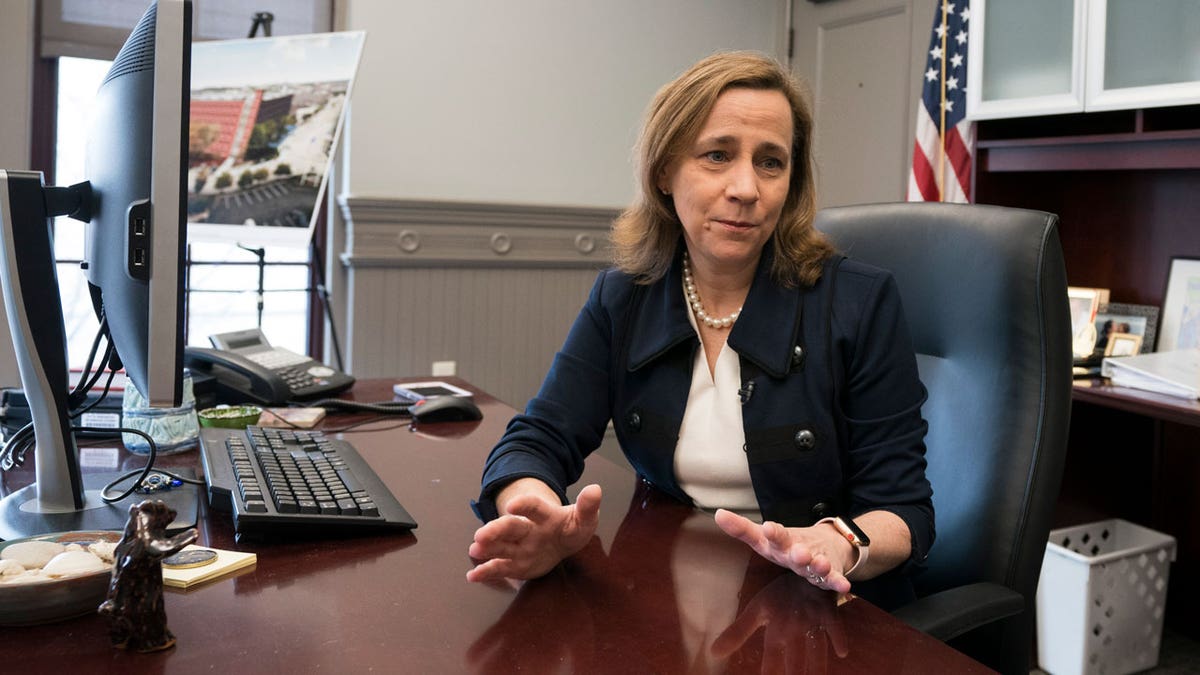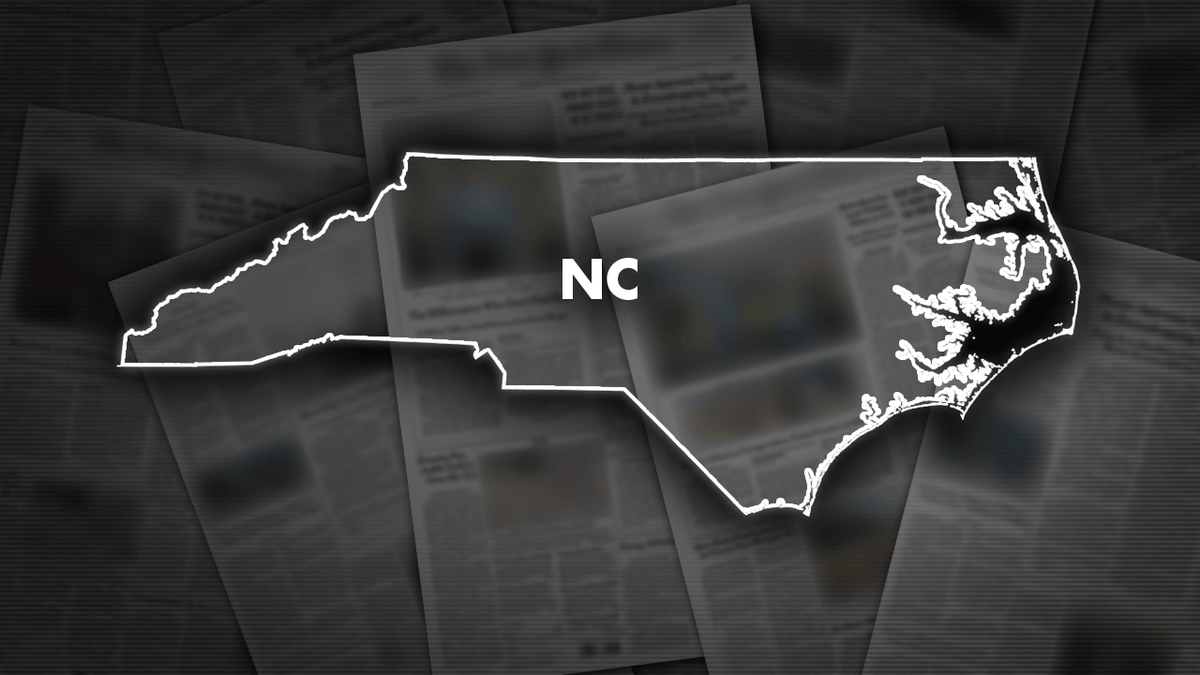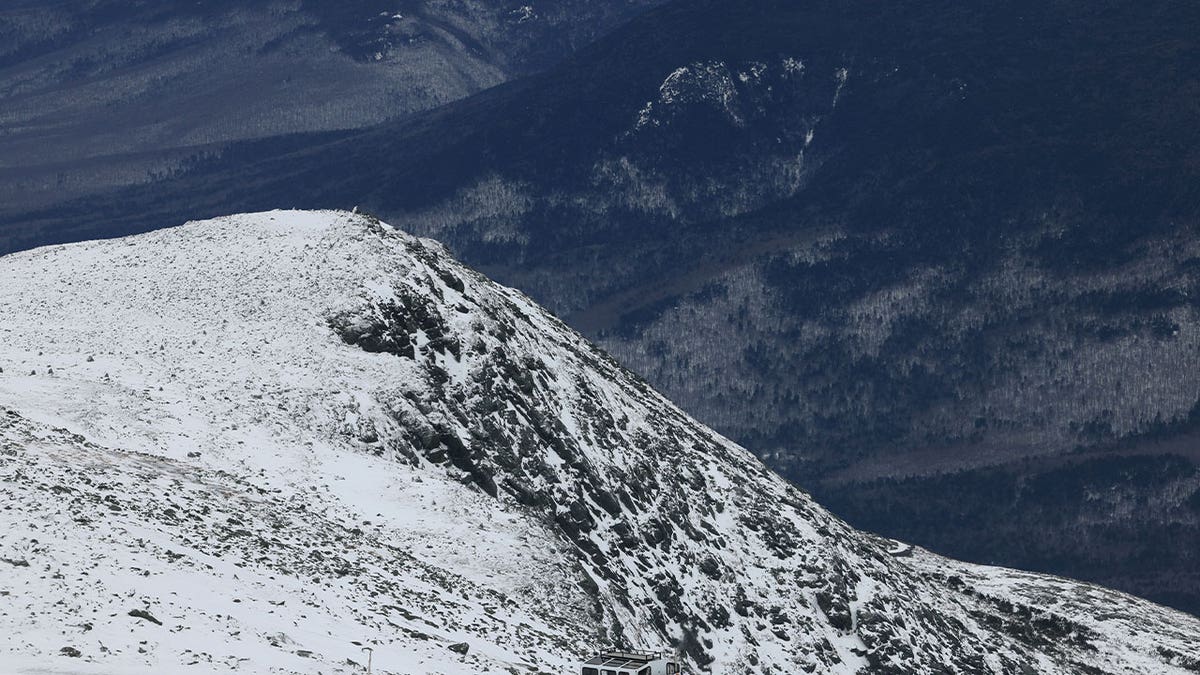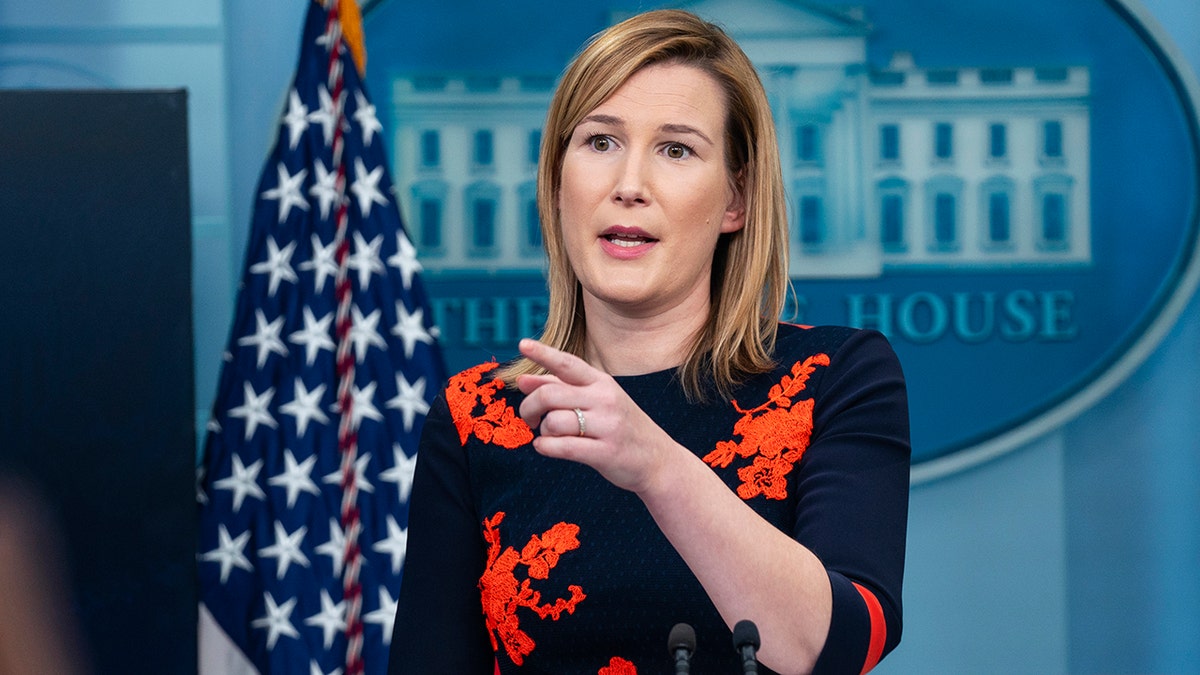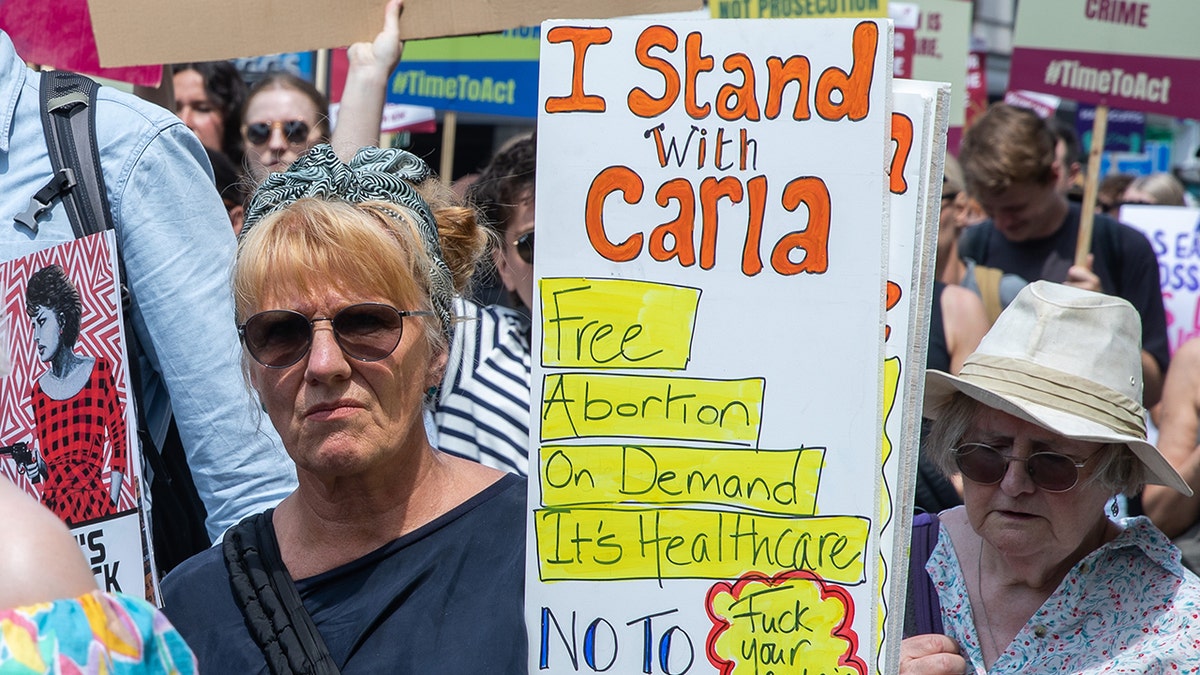President Donald Trump's recent suggestion that the U.S. should "take over" Gaza has sparked a heated debate among foreign policy experts and Middle East analysts. Some view the proposal as a departure from his "America First" stance, while others believe it could be the impetus needed to bring stability to the volatile region.
Senator Rand Paul (R-KY) has voiced strong opposition, expressing concerns on X (formerly Twitter) that such an undertaking would lead to further military involvement and financial strain on the U.S. However, other experts offer different perspectives.
James Carafano, a senior counselor at the Heritage Foundation, suggests Trump's statement is a challenge to the international community, urging them to take decisive action. He emphasizes the need to prevent future conflicts and argues for substantial contributions from global partners to address the situation.
Michael Singh, managing director at the Washington Institute for Near East Policy, posits that Trump's proposal is primarily a strategic maneuver to encourage regional actors to take more responsibility. He believes the U.S. is unlikely to actually occupy Gaza, but the provocative statement could spur other countries to develop and implement practical solutions.
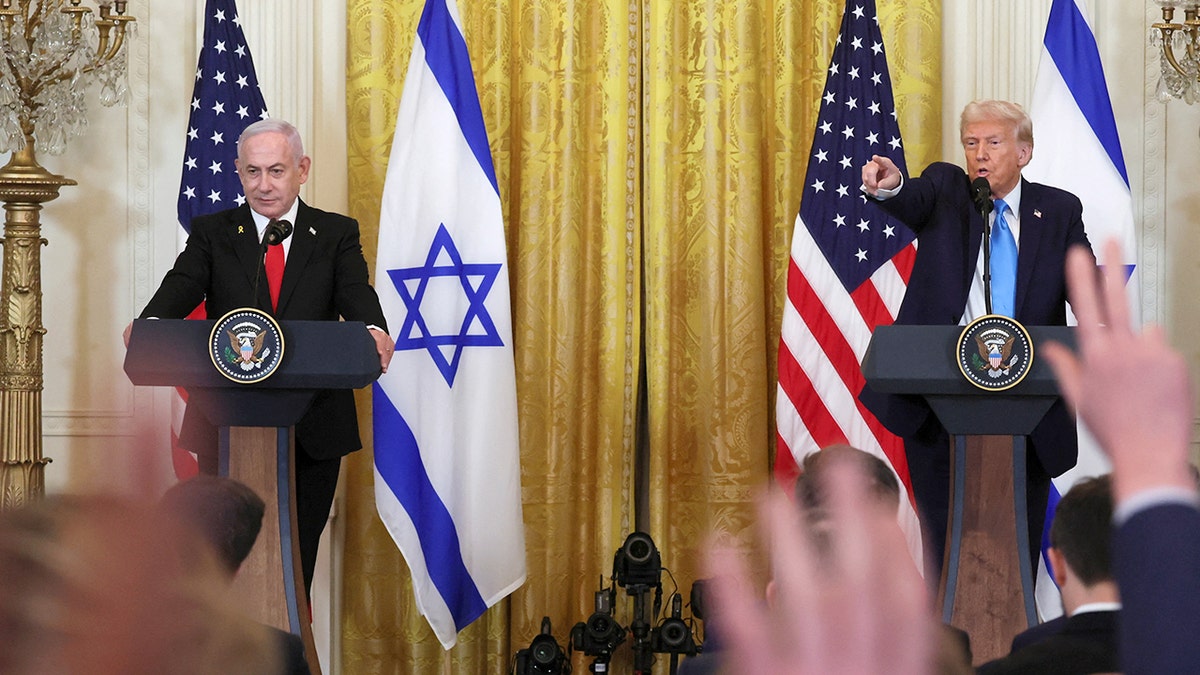
Trump's vision involves resettling Palestinians outside of Gaza and transforming the area into a hub of economic activity, creating jobs and housing. He has stated his intention for long-term U.S. involvement in the region's development.
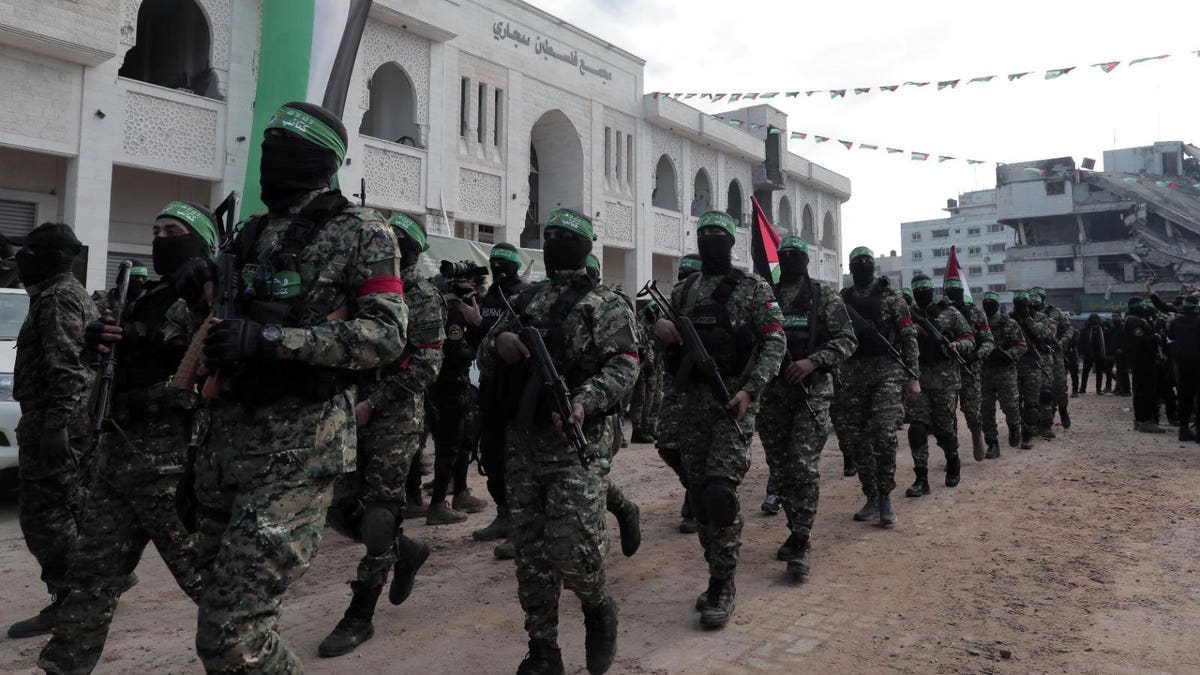
Joe Truzman, a senior research analyst at the Foundation for the Defense of Democracies, believes Trump is genuinely committed to his plan, seeing it as an opportunity to break the cycle of violence. He suggests that the current weakened state of Hamas and Iranian proxies creates a favorable environment for such an intervention. Truzman anticipates potential resistance from groups like al-Qaeda, who thrive in unstable conditions.



